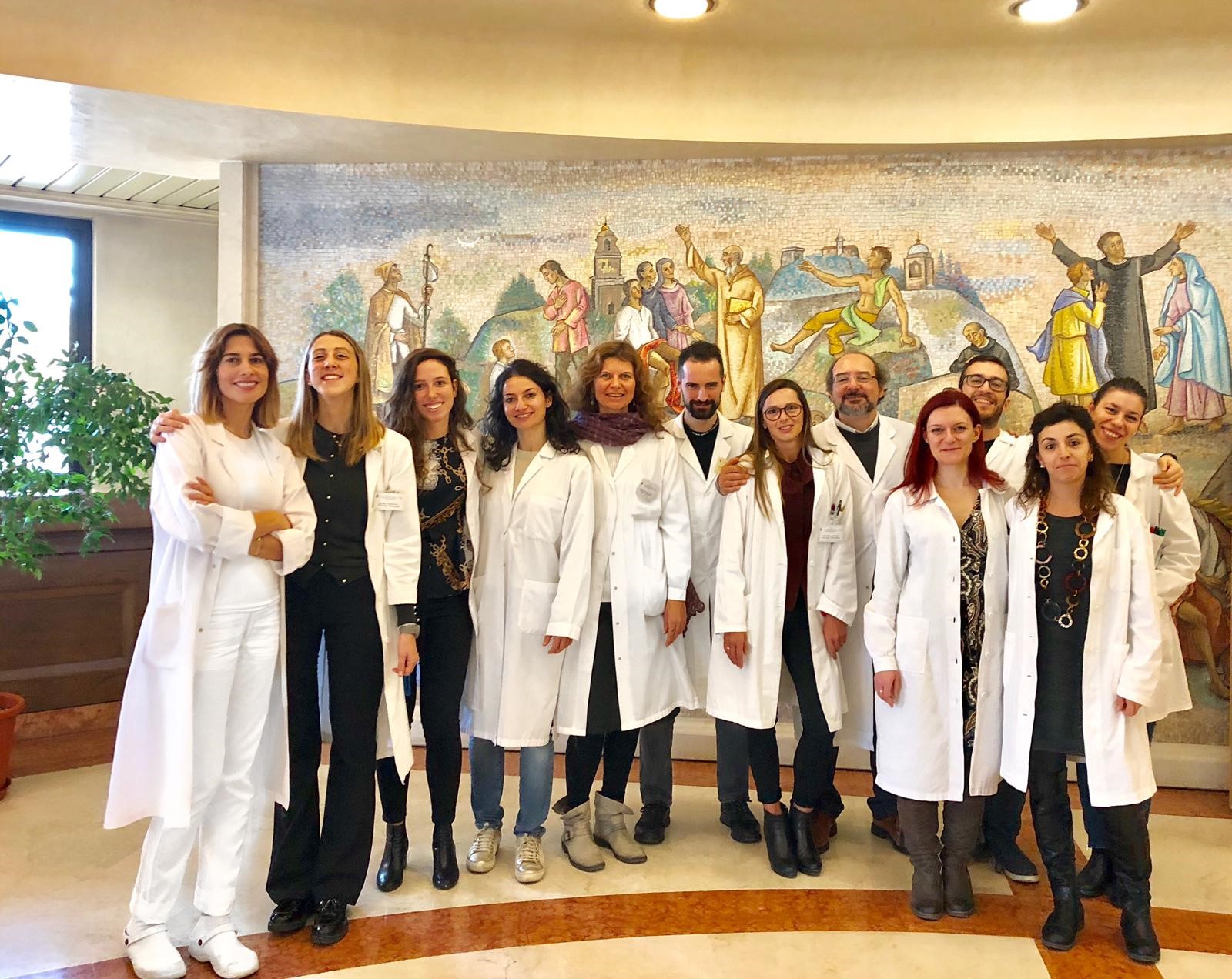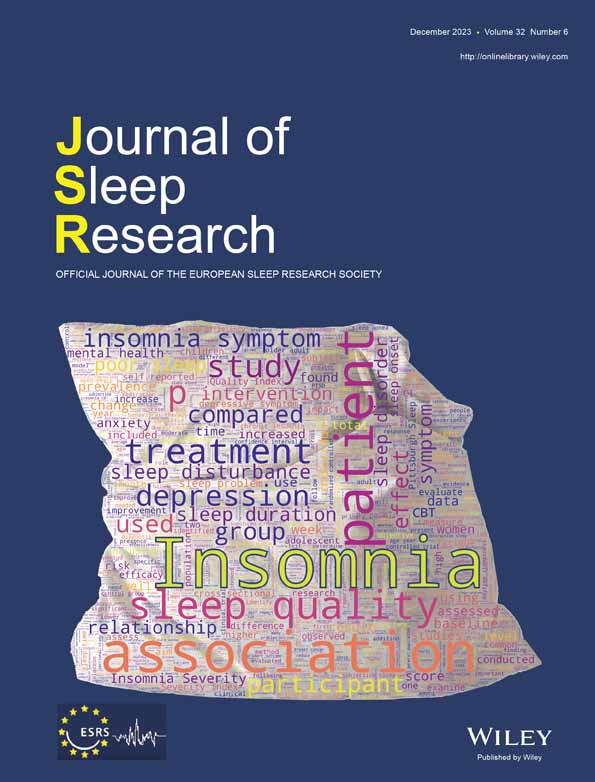
The EPAD family of trial delivery centres grew to 20 sites in August 2018 with Brescia (Italy) enrolling its first research participant. The team of Dr. Samantha Galluzzi (principal investigator of the EPAD project in Brescia) has currently recruited 15 participants in the EPAD Longitudinal Cohort Study (LCS). We caught up with the Brescia team and asked them a few questions about their best practices and recruitment strategies.
Do you have any top tips to share for running the EPAD LCS efficiently at your site? We think that where possible, having a large group of people working on the LCS is the key! In our site we have four cognitive raters, the principal investigator, a study-dedicated sub-investigator, a research nurse and a neurologist in charge to perform the lumbar puncture. This structure gives us the possibility to schedule, in one day, two screening visits (a lot of our eligible subjects who are willing to participate in the study present as a pair e.g. partners, friends or siblings). When we propose that they undergo their visits together, they are really happy and if one of the two is hesitant about his/her participation, usually thanks to this proposal he/she decides to participate. There’s strength in numbers!
At the moment we are the only Italian site joining the EPAD project and thus we have participants coming from all over Italy. One of the last subjects screened, for example, came from a town which is located about 800 km from our hospital. In this case, we unify as far as possible the procedures foreseen by the protocol and we offer to the participants free accommodation to stay in our city. We find that engaging with our participants greatly helps to promote their participation in the study.
How are you able to find suitable subjects for the cohort? We share the main information about the study with other neurologists and geriatricians who work in our hospital or outside. When they visit a patient accompanied by relatives who are apprehensive about developing the same disease, these practitioners talk about the prevention studies and provide them with our contact details. In the waiting room of the outpatient clinics, people can also find materials about the studies on the prevention of the Alzheimer’s disease and people who are interested in joining can also fill out a form to authorise us to contact them in order to provide detailed information about the LCS. Moreover, word of mouth is an effective way for EPAD! The majority of the subjects we screen suggest to their friends or relatives to join themselves. Our team is also involved in other clinical trials and we speak about the EPAD project with the caregivers of the participants who have been joining in one of them.
Any past or future events/conferences which have been beneficial for recruitment into EPAD? We organise quarterly meetings where our principal investigator speaks about Alzheimer’s disease and what we know about the biomarkers. Usually, during these meetings, we show the animated video illustrating the aim of the EPAD project and we explain in more details the procedures required by the protocol. In this way we want to encourage the audience to ask as many questions as they want and express any concerns they may have in regards to the study (usually related to the lumbar puncture). At the end of the meetings, we collect subscriptions to participate. At the meeting organised on 28 November, 30 of the 50 attendees confirmed their interest to take part in the study! Furthermore, before the screening visit we call each participant in order to check the main inclusion/exclusion criteria and, if all the main criteria are respected, we will proceed to schedule the first visit.
“At the moment there are no other Italian site involved in LCS. We hope that soon there would be other TDC recruiting which might contribute to increase the number of Italian subjects in the cohort”, said Michela Rampini, the EPAD study coordinator in Brescia.
Pictured: From left to right: Mihaela Munteanu (research nurse), Ilaria Passeggia (CDR rater), Valentina Saletti (study coordinator), Anna Mega (recruiter), Dr. Samantha Galluzzi (PI), Dr. Alberto Tagliapietra (sub-I), Michela Rampini (study coordinator), Dr. Davide Vito Moretti (sub-I), back left Nicola Lopizzo and Monica Mazzelli (lab technicians), front left Stefania Provasi (lab technicians) and Sara Gipponi (CDR rater).
EPAD Update
We currently have 20 sites across Europe enrolling and more than 1,300 research participants screened. We are pleased to announce that 118 new research participants were screened in the EPAD LCS in November. This made November our most successful month to date. A special mention goes to CITA (San Sebastian, Spain) and VUmc (Amsterdam, Netherlands) as these teams screened respectively 23 and 19 new research participants in November. We hope that you will share our positive assessment of the continuing progress of this exciting research collaboration. Stay tuned for more news next year. EPAD thanks you all for the hard work within 2018 and wishes you Merry Christmas and a very happy New Year to all of you and your families!








